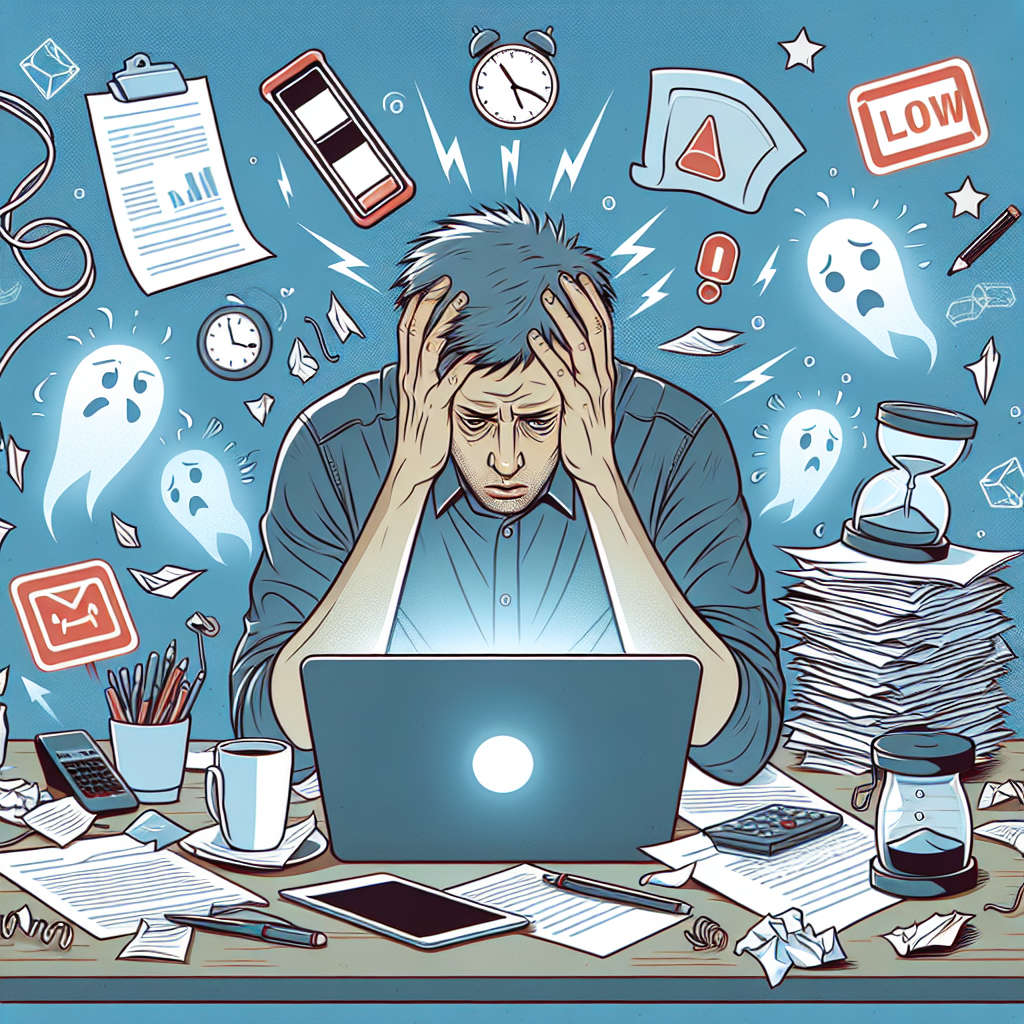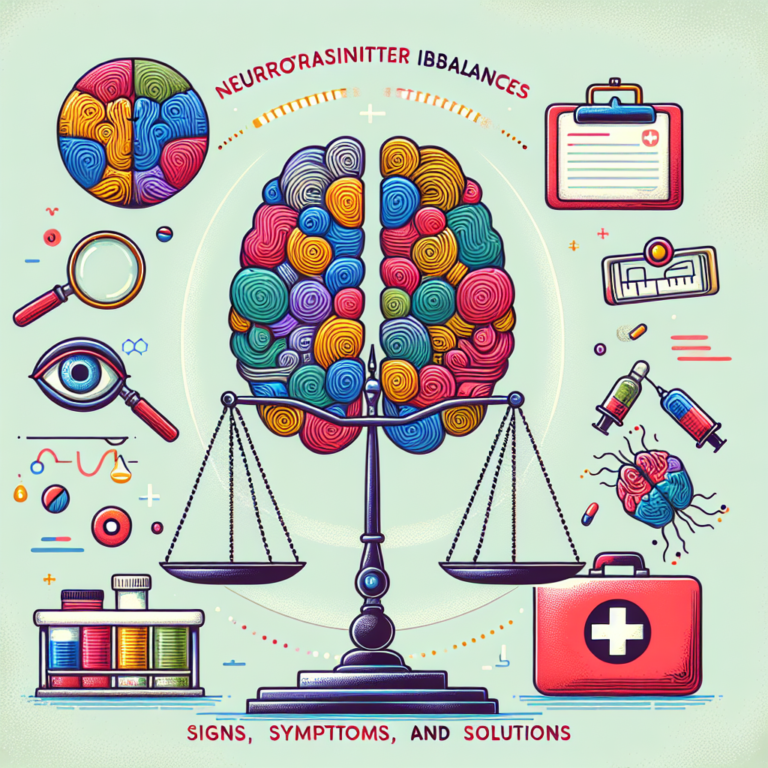
Introduction
In our fast-paced, achievement-oriented society, emotional burnout has become an all too common experience. What often starts as a diligent pursuit of goals can slowly morph into a relentless cycle of exhaustion, stress, and disconnect. Recognizing the signs of this emotional depletion becomes critical in not only preserving mental health but also inspiring a balanced, fulfilling life. In this comprehensive guide, we will delve into the essential strategies for recognizing the signs: how to identify emotional burnout before it’s too late.
We need to be proactive rather than reactive in managing our mental health, and this article aims to equip you with the knowledge and insights you need to combat emotional burnout effectively.
Understanding Emotional Burnout
Before diving into specifics, it is essential to grasp what emotional burnout truly is. Defined as a state of emotional, physical, and mental exhaustion caused by prolonged and excessive stress, this condition can lead to significant health issues if left unchecked. The World Health Organization identifies burnout as a syndrome resulting from chronic workplace stress that has not been successfully managed, but its manifestations extend beyond the workplace.
Signs and Symptoms of Emotional Burnout
Chronic Fatigue: This is not your average tiredness. Chronic fatigue persists even after rest and can drain your energy levels, making everyday tasks feel insurmountable.
Cynicism and Detachment: A common sign of burnout is a feeling of alienation from work, loved ones, or social events. You may start to view your role as pointless or feel disconnected from your passions.
Decreased Performance: Tasks that were once manageable can become overwhelming. A decline in productivity and creativity can signal that you are nearing emotional burnout.
Emotional Instability: Increased irritability, anger, or feelings of hopelessness indicate you’re not just physically drained but emotionally depleted.
Neglect of Self-Care: When care for yourself takes a backseat, like skipping meals or neglecting exercise, that’s a definite red flag.
- Physical Symptoms: Headaches, stomach issues, or an increase in illnesses often accompany emotional burnout as your body reacts to chronic stress.
Case Study: The Marketing Manager
Emma, a marketing manager at a fast-paced ad agency, was dedicated to her work and often put in long hours. Initially, her hard work resulted in glowing performance reviews, but over time, Emma began to display signs of burnout. She felt physically exhausted, detached from her creative work, and even started resenting her job.
By recognizing these signs early, Emma decided to take a week off and seek therapy, which led her to implement self-care routines that significantly improved her mental state. This case exemplifies the importance of early recognition—by addressing her feelings before they spiraled out of control, Emma was able to reclaim her passion and productivity.
Recognizing the Causes of Emotional Burnout
Understanding the signs is the first step; next, it’s vital to recognize the underlying causes of emotional burnout.
Work-Related Factors
High Workload: An overwhelming volume of tasks can lead to burnout.
Lack of Control: A feeling of helplessness in decision-making can increase feelings of stress.
- Poor Work-Life Balance: When work overtakes your personal life, you risk burnout.
Personal Factors
Perfectionism: Striving for unattainably high standards can lead to frustration and overwork.
Lack of Support: Feeling isolated, either personally or professionally, can exacerbate feelings of stress and burnout.
- Life Changes: Events such as divorce, relocation, or loss can add additional stress that compounds existing pressures.
Recognizing the Signs: How to Identify Emotional Burnout Before It’s Too Late
By recognizing these underlying issues, individuals can pinpoint potential stressors and take pre-emptive measures. Engaging in self-reflection can illuminate the sources of personal stress, allowing you to better manage those factors before they contribute to burnout.
Table: Common Causes of Emotional Burnout
| Category | Causes | Signs to Look For |
|---|---|---|
| Work-Related | High workload, lack of control | Chronic fatigue, decreased performance |
| Personal Factors | Perfectionism, life changes | Emotional instability, neglect of self-care |
| Social Environment | Lack of support | Cynicism and detachment |
Strategies for Prevention and Recovery
Recognizing the signs is crucial, but you also need actionable strategies for prevention and recovery.
1. Set Boundaries
Establishing clear boundaries between work and personal life is vital. Communicate your limits to others and stick to them. This could mean delineating specific work hours or learning to say “no” without feeling guilty.
2. Practice Self-Care
Self-care is not a luxury; it’s a necessity. Ensure that you’re dedicating time for relaxation, hobbies, and activities that rejuvenate your mind. Incorporate mindfulness practices such as meditation or yoga to reduce anxiety.
3. Seek Support
No one should face burnout alone. Reach out to friends, family, or professionals. Consulting with a mental health professional can provide tailored coping strategies and emotional support when you need it most.
4. Re-evaluate Your Goals
Are your current goals achievable? Taking a moment to reassess your commitments can help you let go of unproductive ones. Set smaller, manageable objectives that help maintain motivation and reduce feelings of overwhelm.
5. Engage in Physical Activity
Exercise is a proven mood booster. Regular physical activity not only improves physical health but also helps release endorphins, reducing feelings of stress and anxiety.
Case Study: The Educator’s Journey
Consider Mike, a high school teacher who dedicated himself entirely to his students, sacrificing his own needs in the process. He reached a point where he barely had private time, and burnout loomed large. After realizing the signs of emotional burnout, Mike sought mentorship and learned to prioritize self-care through physical exercise and hobbies, which enabled him to return to teaching with renewed vigor and passion. His case reinforces the importance of self-awareness and support systems in overcoming emotional hardships.
Importance of Regular Check-Ins
Implementing regular self-assessments can transcend beyond momentary awareness. Make it a habit to check in with yourself weekly, reflecting on your emotional health. Questions like, "Am I feeling overwhelmed?" or "What can I do differently?" can initiate meaningful change before feelings of burnout take root.
Conclusion
Recognizing the signs: how to identify emotional burnout before it’s too late is essential for everyone, regardless of profession or lifestyle. Burnout, if allowed to fester unattended, can lead to severe emotional and physical health implications. However, by understanding the signs and incorporating proactive strategies, you can cultivate a balanced life.
Remember, emotional well-being is a journey, not a destination. Your mental health is worth the investment, and by recognizing the signals of burnout early, you can take meaningful steps to protect it.
FAQs
1. What are the first signs of emotional burnout?
Early signs can include chronic fatigue, detachment from work or social life, feelings of cynicism, and physical symptoms like headaches.
2. How long does recovery from burnout take?
The duration varies widely among individuals. While some may find relief in a few weeks, others might require several months of focused self-care and support.
3. Can emotional burnout lead to physical health issues?
Yes, prolonged emotional burnout can lead to stress-related physical illnesses, such as heart disease, gastrointestinal issues, and compromised immune function.
4. Is burnout the same as stress?
No, while stress is often a precursor to burnout, burnout encompasses a more profound emotional and physical exhaustion that cannot be alleviated merely by taking a break.
5. How can I help a friend who might be experiencing burnout?
Listen empathetically, encourage them to seek professional help, and offer your support by engaging in relaxing activities together.
By understanding and acting on the signs of emotional burnout early, you set the stage for a healthier, happier life. Prioritize your mental wellness as the invaluable asset it is.

















